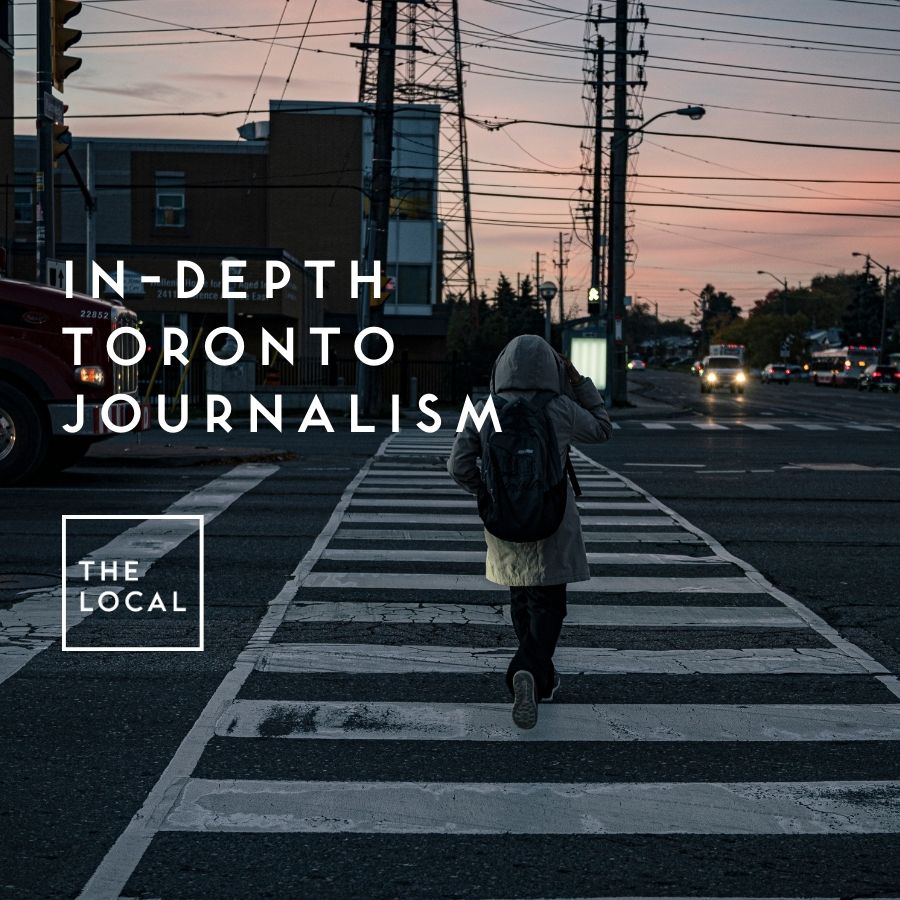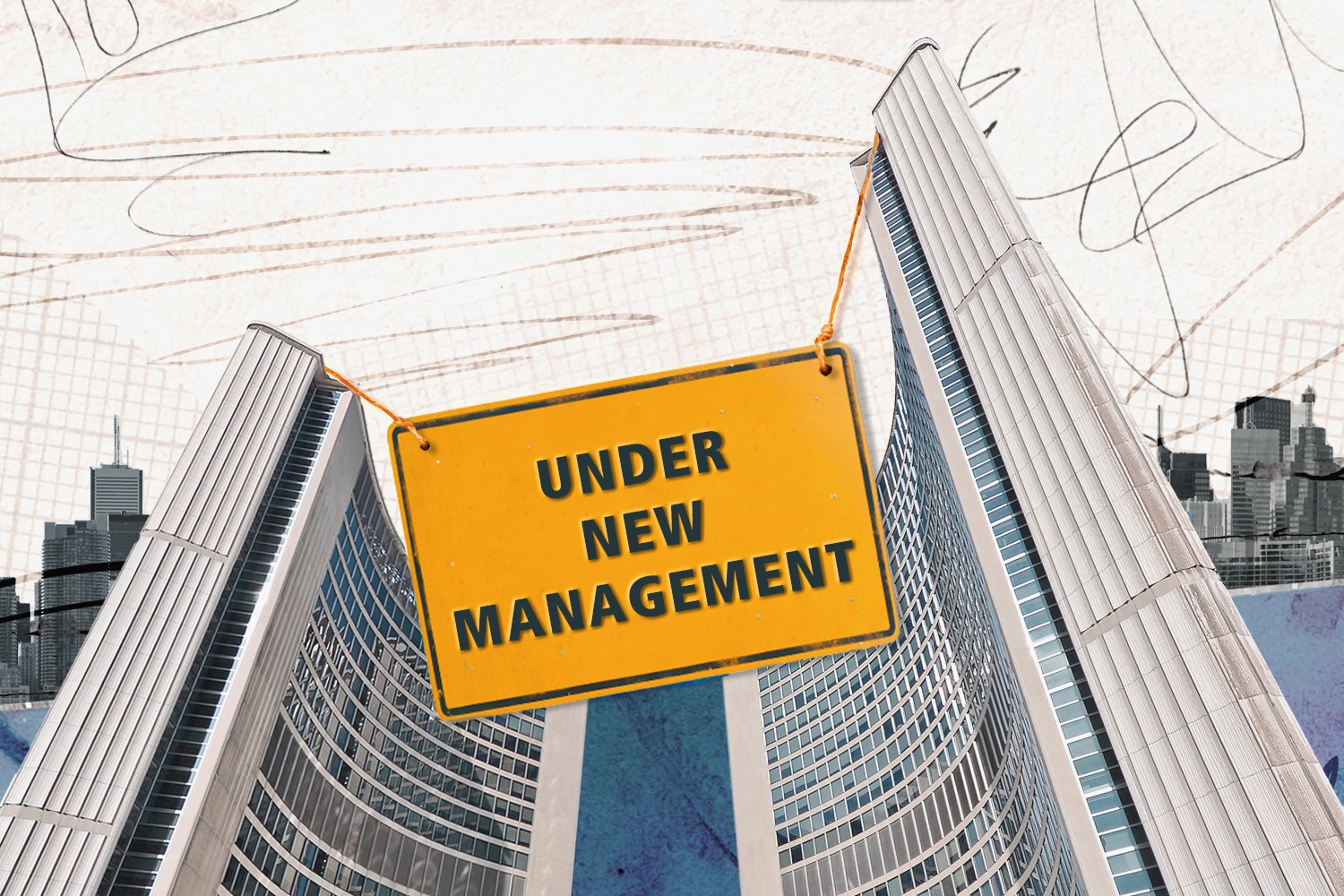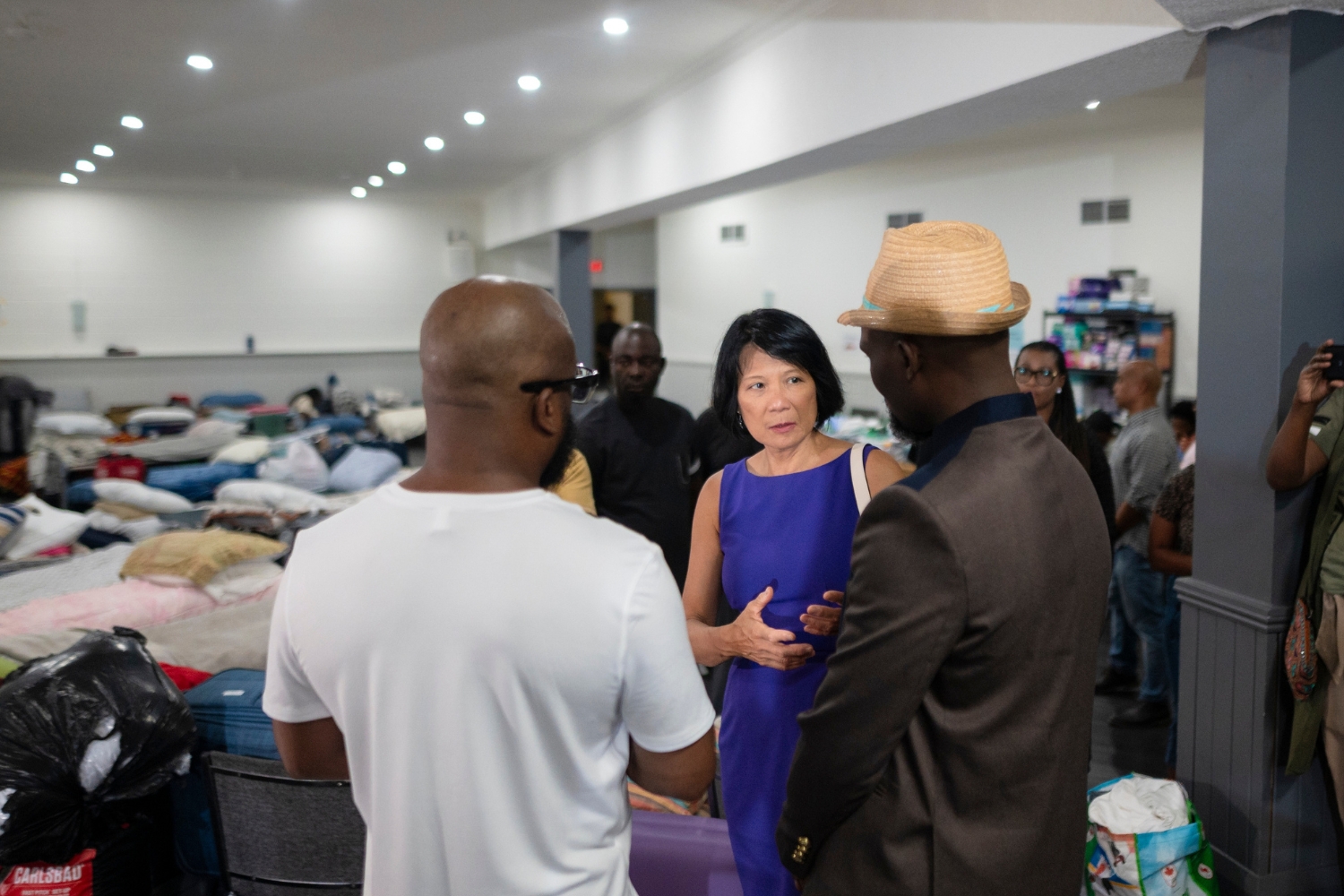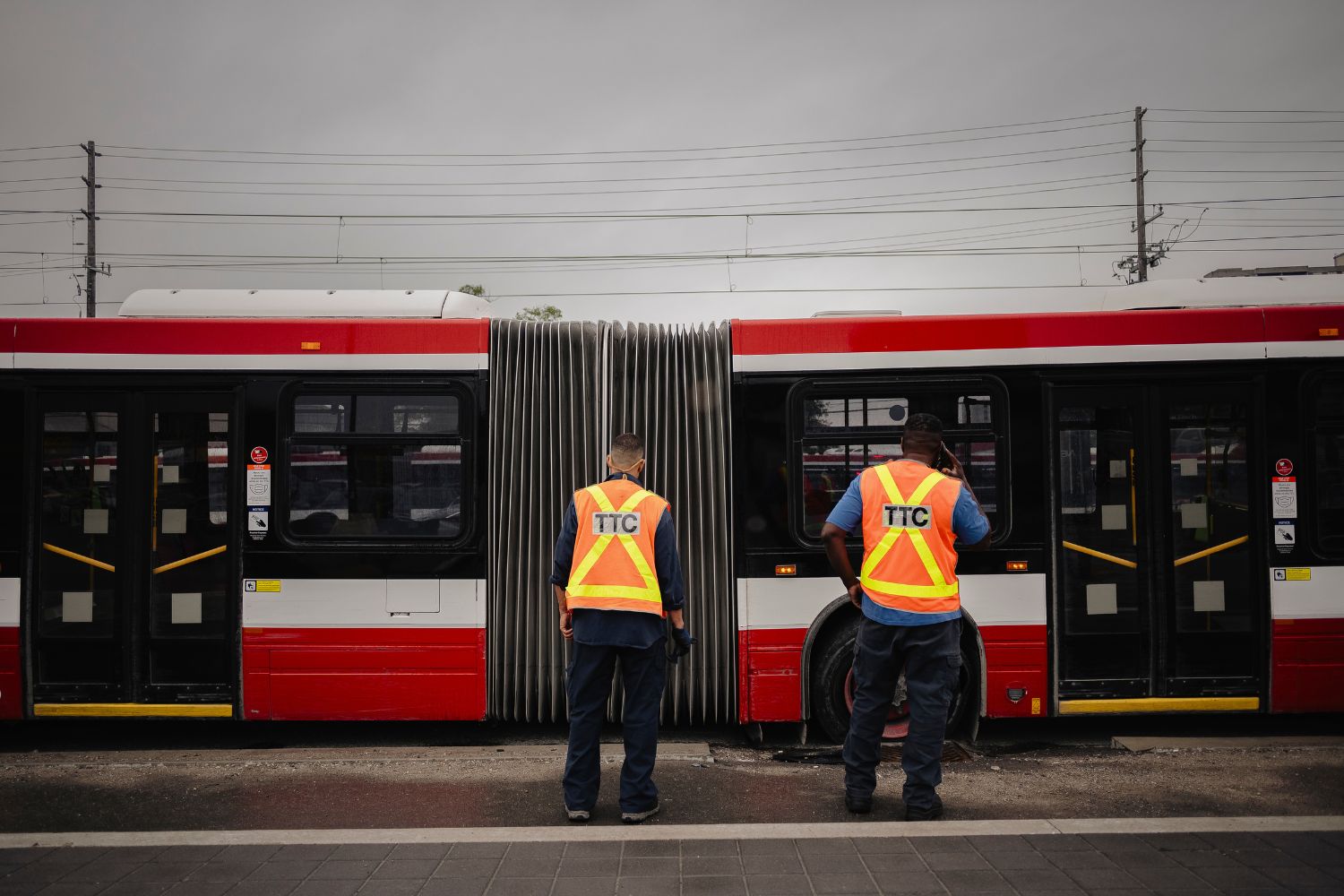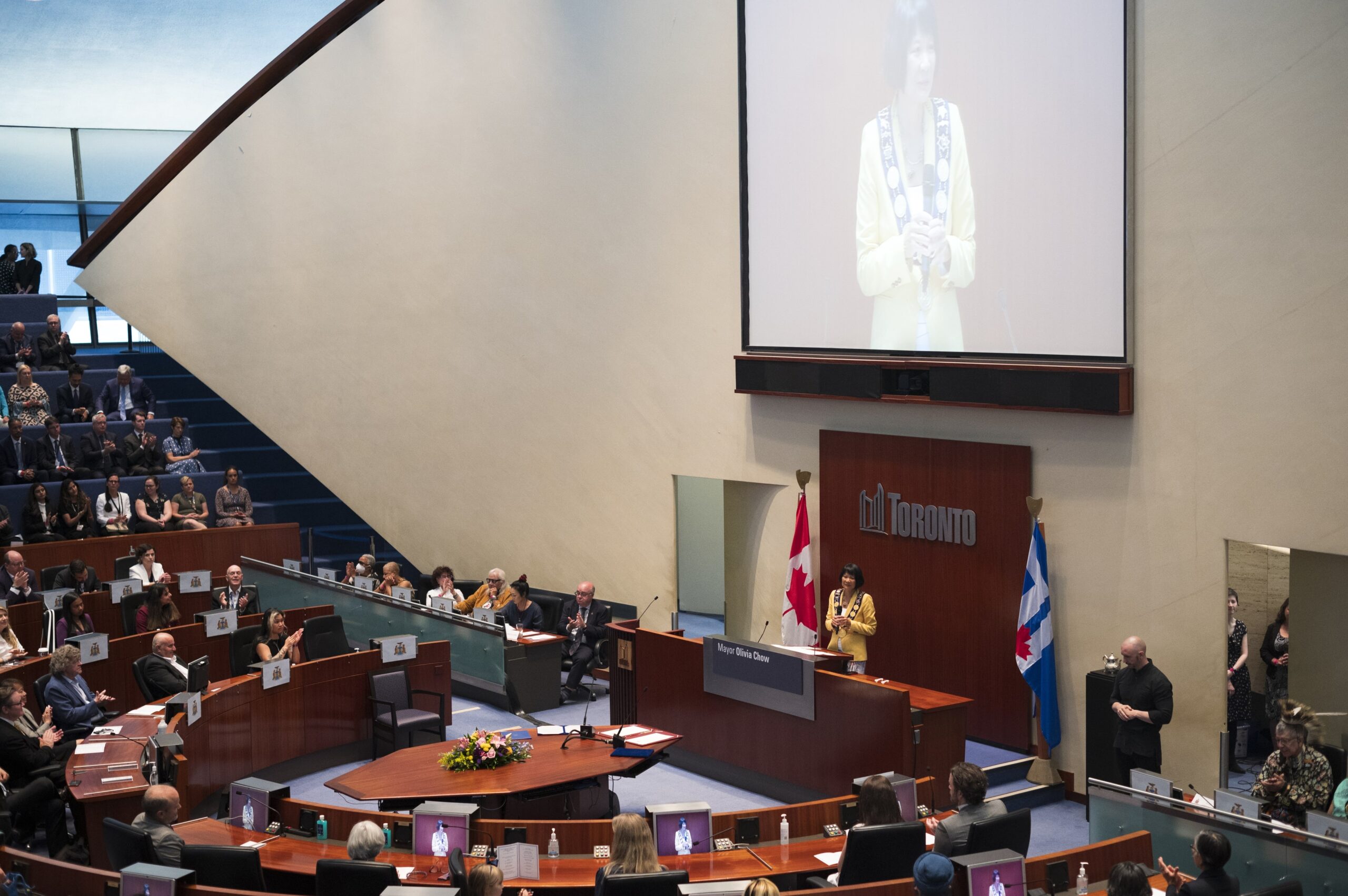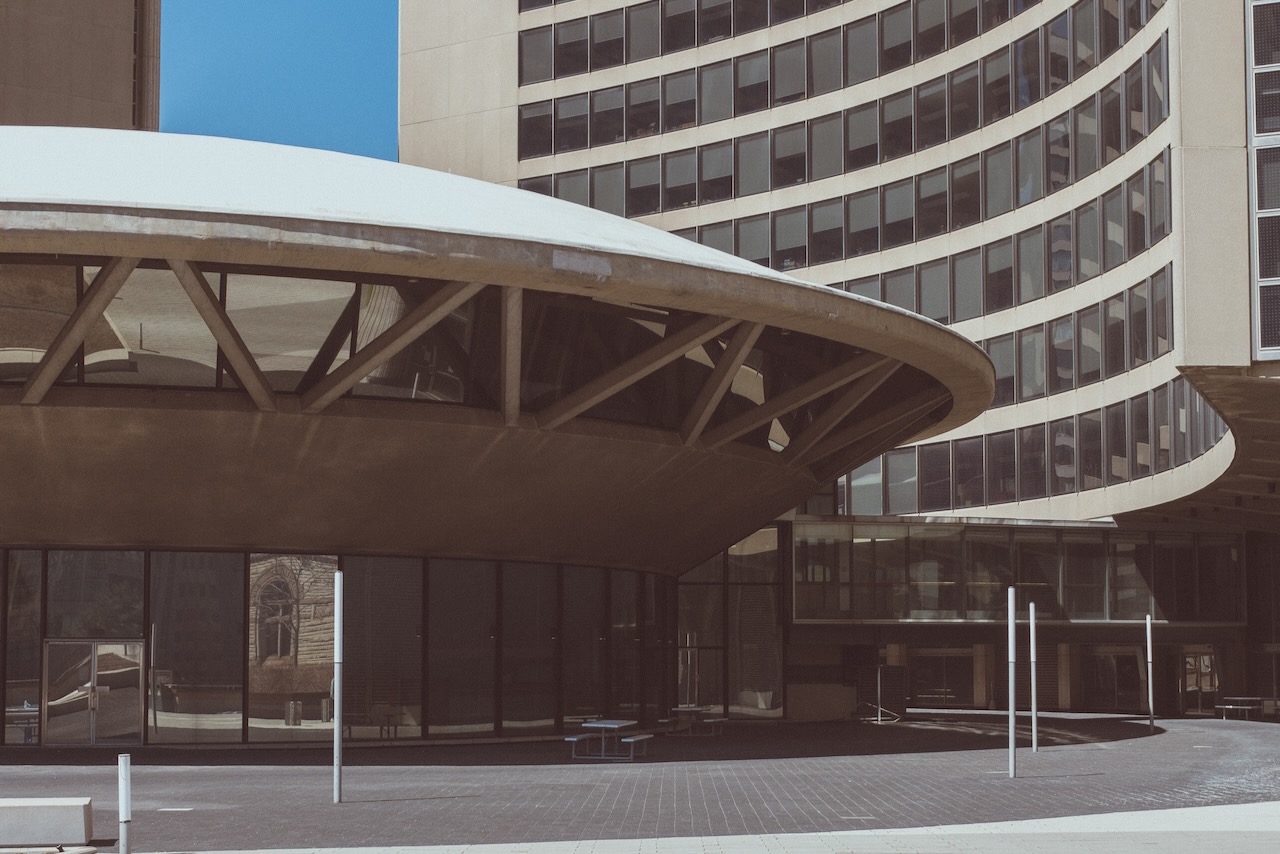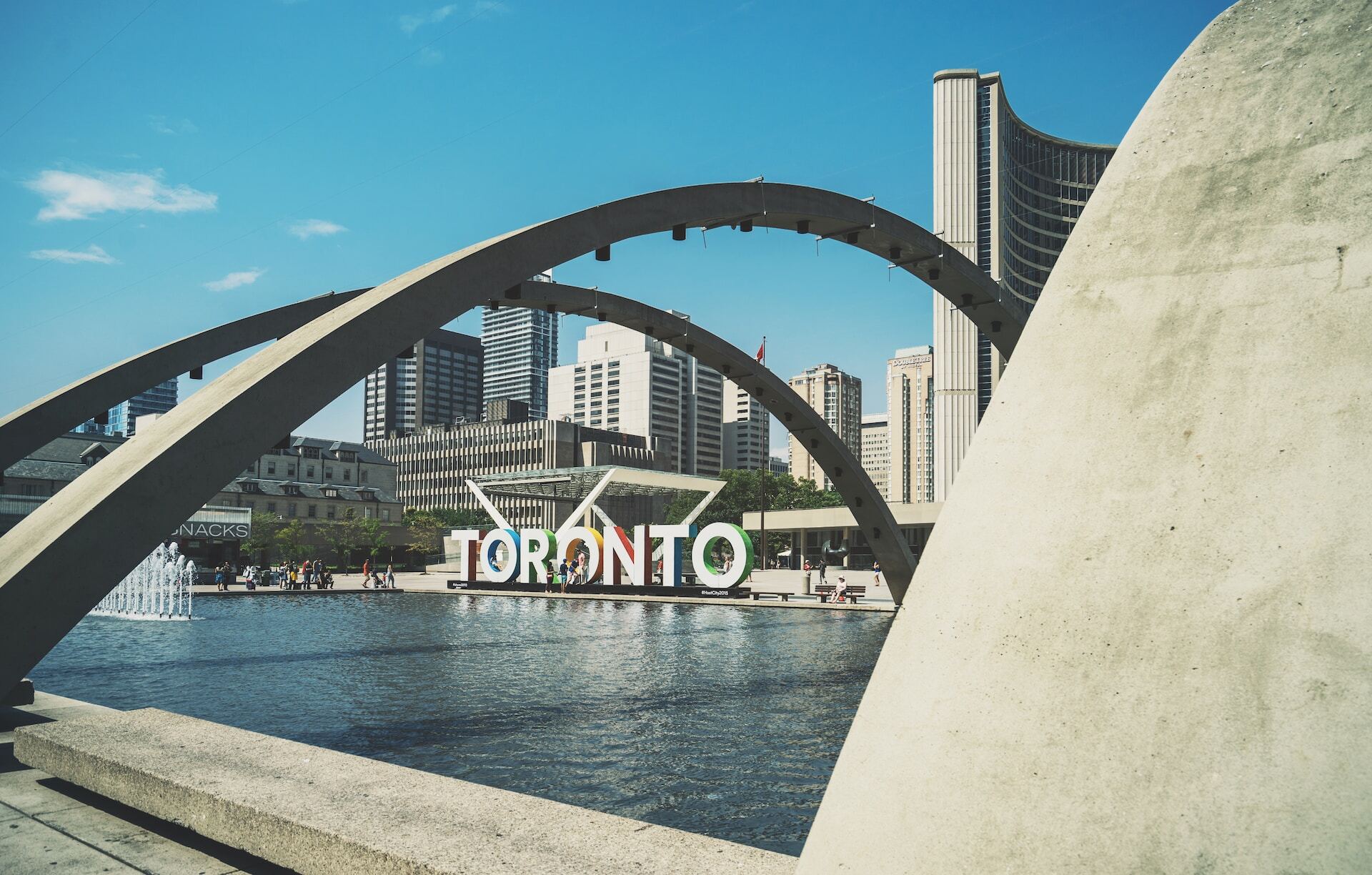
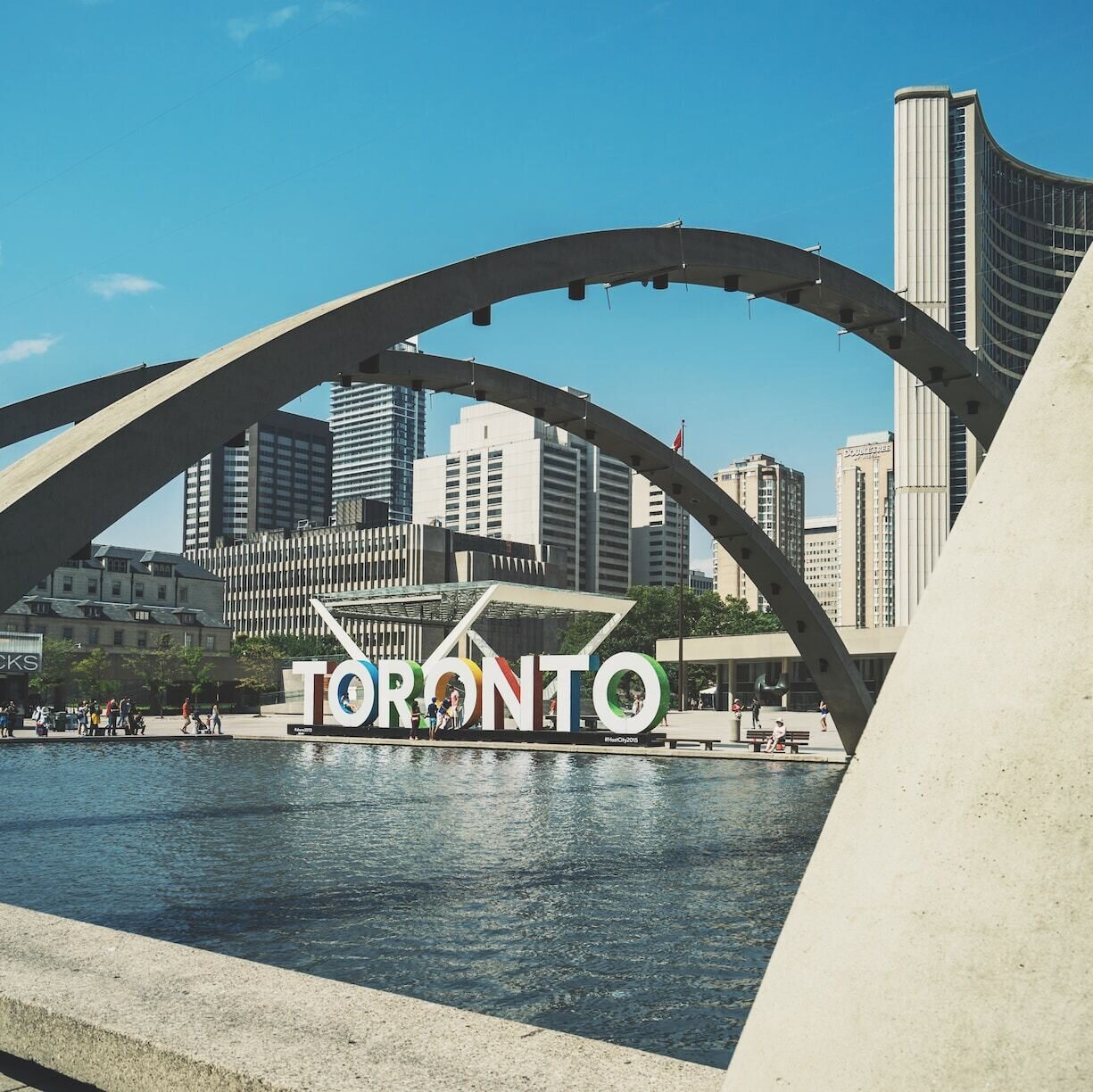
The first 100 days are crucial for a new mayor. In our new column, we’re following Olivia Chow’s first months in office—tracking her progress (or lack thereof) on election promises, who’s supporting and who’s impeding her, and everything else you need to know from City Hall.
We’ve had thirteen years of austerity, budget cuts, and speeches about the need to keep property taxes low. Mayor Olivia Chow has promised to take Toronto in a different direction. But, with a massive financial shortfall, can we really expect anything different from the 2024 municipal budget?
How will this year be different?
“We’re going to be pretty busy in the pre-budget season,” said budget chief Shelley Carroll in an interview with The Local, “because we are finally going to do a thing that I’ve been harping about for years… we’re going to do a pre-budget consultation where you set the tone of this budget, [a consultation] that really gives people a 101 of how the budget works…because that hasn’t been done, really, for many, many years.” The schedule will be hasty, she said, because it takes a new mayor time to transition into the office, hire staff, and get a grip on city finances. But they hope to get going by November.
Involving the public in the budget process—one of Chow’s campaign promises—is also a throwback to “Listening to Toronto,” the public consultations held by then-mayor David Miller in 2004 and 2005. As well as educating people about the budget, the consultations sought Torontonians’ input on budget priorities, a step towards later experiments in participatory budgeting.
As researchers noted, while Listening to Toronto made for good press and got a positive reception from participants, those participants tended to be already engaged, higher-income, white and English-speaking—not representative of Toronto as a whole. The process also did not actually give residents decision-making power, the way participatory budgeting programs have done.
“We’ve been to all the public meetings. We went to the mayor’s Listening to Toronto series, we went to the budget consultations, and it’s always been the same response. They hear us but they don’t listen when there’s a real decision to make,” said future city councillor Amber Morley, then in high school, in 2008 when a city recreation centre agreement fell through.
A new new budget process
Under Ford (and continued by Tory), austerity was “baked in” to the budget in multiple ways. The mayor issued a budget target for city divisions to hit, but also set the order of the agenda the day the budget came to council so that council voted on the tax increase first. This meant that if councillors wanted to add something to the budget, they could not raise taxes to fund it—they would have to propose cutting something else or taking money from reserves. This resulted in lots of horse-trading and haggling to fit everything in the budget.
In 2023, provincial “strong mayor” legislation, which Tory had advocated for, gave the mayor’s office even more control over the budget process and accelerated the timetable. Under the new laws, the mayor is in charge of preparing the budget and must present it by February 1. Instead of first going to the budget committee for a round of review and debate, it goes directly to city council, who have 30 days to pass or amend it. The mayor can veto any amendments, and council requires a 2/3 majority vote to override the veto.
For the 2023 budget, Tory allotted a limited amount of money for council to allocate as it wanted. This permitted the familiar horse-trading tradition to continue. But the new administration has something else in mind.
“What the mayor has already indicated,” said Carroll, “is that she would prefer something akin to the [old] city of Toronto Act-driven process that already gave the mayor a fair amount of power… What she wants is for us to lead that pre-budget conversation, for us to be a big part of the launch, and still do our divisional reviews the way we did under the old process.”
There are likely other small ways to give the budget committee and city council a bigger role in the new budget process. Council could vote on an acceptable range for tax increases months ahead of time, as Ottawa’s did. Council could be granted a greater amount of “spending money” to allocate. Or, perhaps, the mayor’s office or councillors could quietly begin negotiating possible plans or amendments before the process officially starts.
What’s not on the table
While much about the upcoming budget is still up in the air, there are certain options that must be ruled out. During our 30-minute interview, Carroll argued extensively against raising property taxes to the level of other municipalities in the region, which might demonstrate to other orders of government that Toronto has exhausted its available ways to raise revenue.
In budget debates, many city councillors have claimed property taxes are a severe financial burden for vulnerable home owners; others, in turn, point out that the city has programs that allow lower-income seniors and people receiving disability benefits to get tax increases deferred or cancelled. For Carroll, this leaves out too many people. “There are so many people that don’t quite meet the bar [to qualify for the low-income property tax rebate],” said Carroll. “A first-time buyer is never getting under that bar. You have to have a certain income to get a mortgage at all. But most people, once they’ve negotiated that mortgage, they have razor thin budgets.”
(Appealing to the plight of the cash-strapped new home owner is unlikely to sway Torontonians fighting massive rent hikes, let alone, say, those living on $8,796 a year—the maximum a single person can receive from Ontario Works. But it will certainly appeal to many on city council.)
As well, many of the proposed revenue tools recently endorsed by council won’t be in place in time to factor into the budget. The land transfer tax on foreign home buyers would not be in place until late 2024; the commercial parking levy would be implemented in 2025.
And although negotiations are ongoing, we won’t be able to count on a share of sales tax, the ability to levy our own sales tax, new funding agreements, or any other revenue that requires the assent of other orders of government.
What will convince the provincial and federal governments to make a new deal with Toronto? “Getting through a very difficult round for the 2024 budget is part of the appeal to those other orders of government,” says Carroll.
It’s likely this is the true value of holding pre-budget consultations in a year when there will be very little wiggle room in the budget. Chow and Carroll want to show Queen’s Park and Ottawa solid proof that Toronto’s residents—not just its politicians—want a lot more from their city, and that they want a government with the power to fund it. If this works, the 2025 budget could be less about staving off financial crisis and more about implementing Chow’s more ambitious city-building plans.
What’s next
- As approved by city council, the city will put $750,000 towards reimbursing churches and other community organizations that stepped up to shelter asylum seekers and refugees when the city shelter system turned them away. They gave the federal government until September 18 to chip in, and Minister of Immigration, Refugees and Citizenship Marc Miller has already declined.
- The Toronto Public Library Board meets Monday, September 18. On the agenda: extended library hours, increasing rental fees, the 2024 operating budget and 2024-2033 capital budget submission schedule.
- The Infrastructure & Environment Committee meets Wednesday, September 20. On the agenda: winding down the city’s Blue Box program, environmental retrofits for buildings, a standardized approach to dog off-leash areas.
- The Economic & Community Development Committee meets Thursday, September 21. On the agenda: transferring responsibility for tow truck licensing to the province, changes to Winterlicious/Summerlicious, getting Toronto taxis to switch to electric, presentations on Toronto’s film and manufacturing industries.
- The TTC Board meets Tuesday, September 26, the first with new chair Councillor Jamaal Myers. As of publication, the agenda isn’t out yet.
